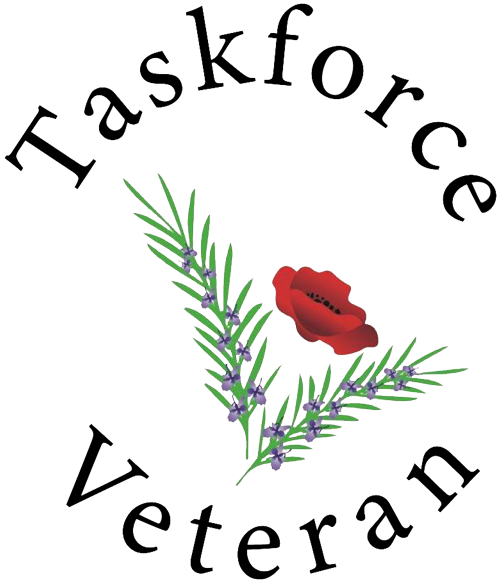A heritage listed military site in Sydney’s northwest, which was used in both the World Wars and Vietnam, has been ‘left to rot and rust away’, a veterans advocacy group has claimed. Scheyville National Park in the Hawkesbury is home to the Scheyville Camp Precinct – a cluster of heritage listed buildings with a rich history that can be traced back to the 1800s.
In World War I, Scheyville was an internment camp for German prisoners of war before becoming a training camp for Australia’s first parachute battalion in World War II.
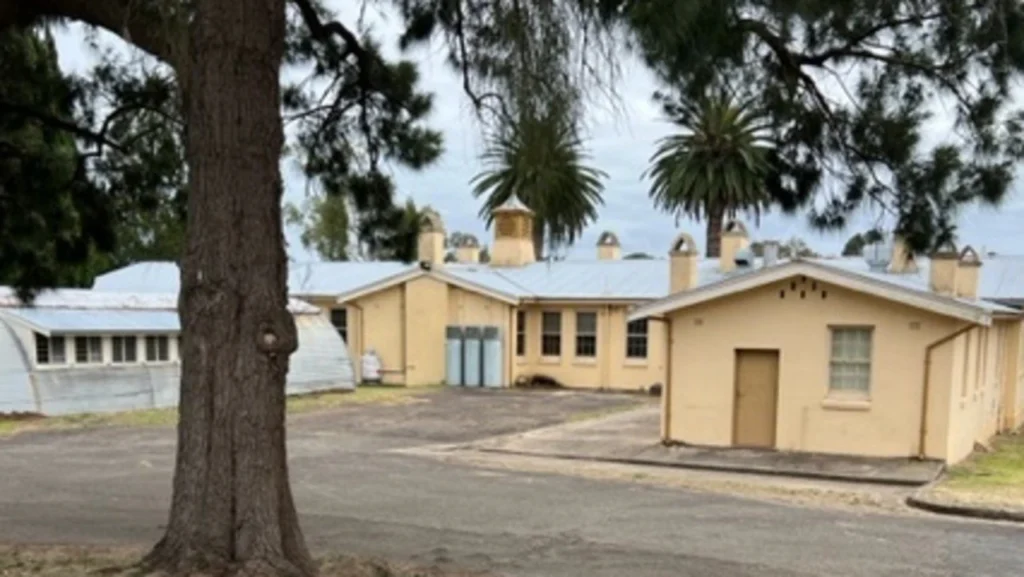
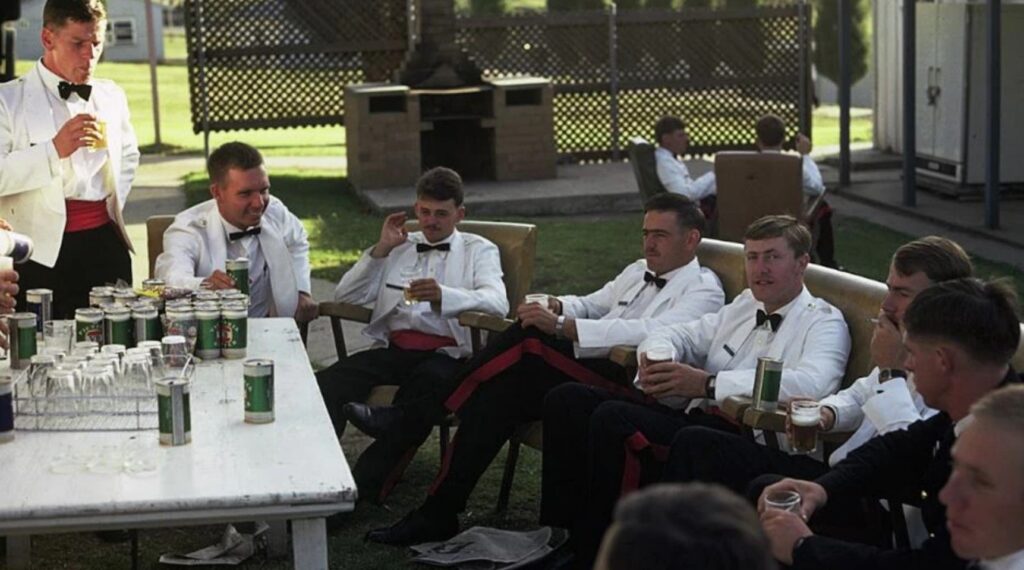
In 1949 Scheyville became the nation’s first migrant camp and was home to hundreds of displaced people fleeing post-war Europe. Then during the Vietnam War, the site became the only place to train officers before they were shipped off to battle, making it one of the few places in Australia with a direct connection to the Vietnam War.
Over 1800 men nationwide were called upon by the National Service to train at the site, including Lieutenant Gordon Sharp who was the first Scheyville graduate to be killed by the Vietcong in the bloody battle of Long Tan. Despite its rich history the site, which is under the management of National Parks and Wildlife Service (NPWS), has had 70 heritage listed buildings torn down after eroding away and becoming beyond repair. Pitt Town resident and amateur historian Warren Packer said 200 plus years of history were at risk of being “bulldozed into a pile”.
“Its had this massive history and its horrible to see it collapsing away into nothing, to see something like this rot away is just criminal,” Mr Packer said “The buildings have heritage orders yet they just keep falling apart, no maintenance is done out there whatsoever. “The whole community doesn’t realise the site’s history, most of the community don’t even know its there, they’ve never heard of it.”
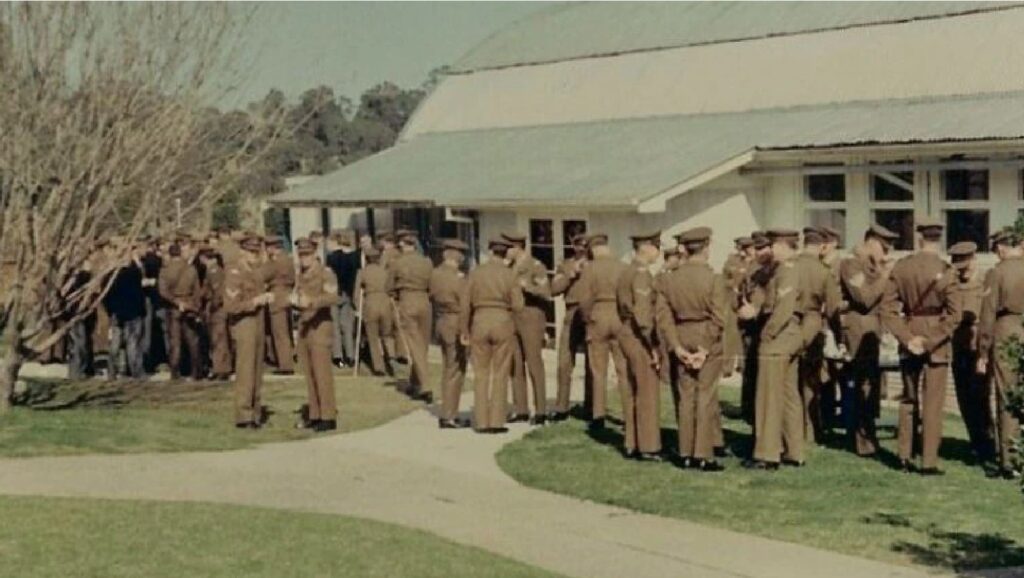
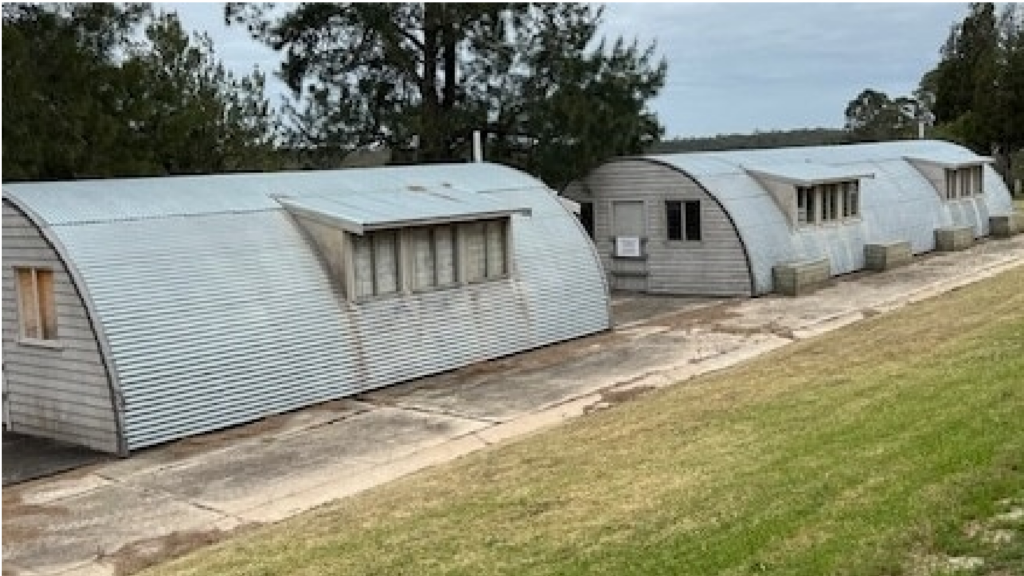
Chairman and founding member of the Veterans Advocacy Group Brett Wild says there was a “moral obligation” for the site to properly restored. “The Minns government talk about disrespect to veterans and how we can’t go to Bunnings on Anzac Day, but yet we have the Scheyville site deteriorating,” Mr Wild said. “If we can’t remember and honour the past, its defines how we move forward and our future. “How do we train the next generation of servicemen when we struggle to properly recognise the sacrifices of those before?”
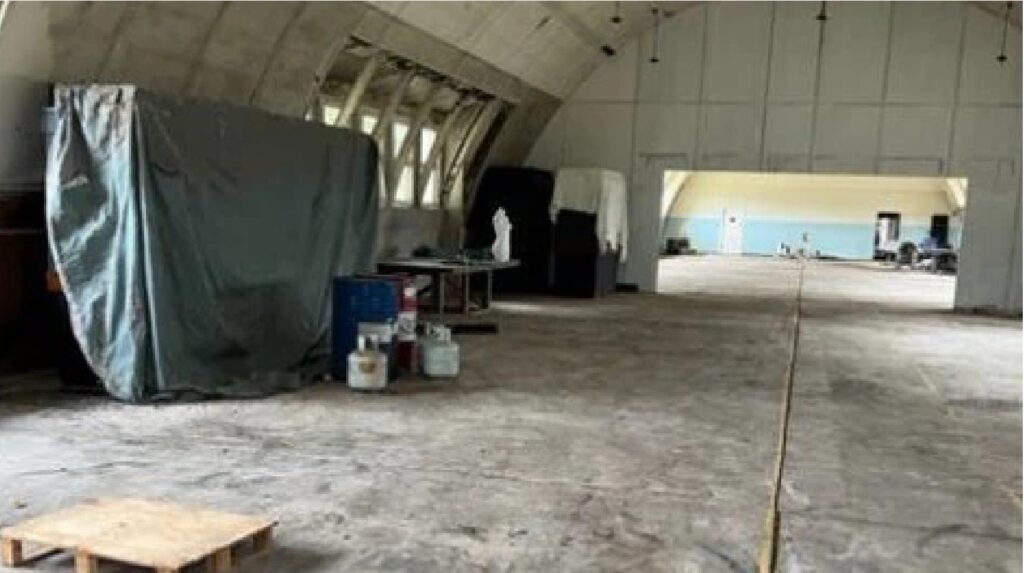
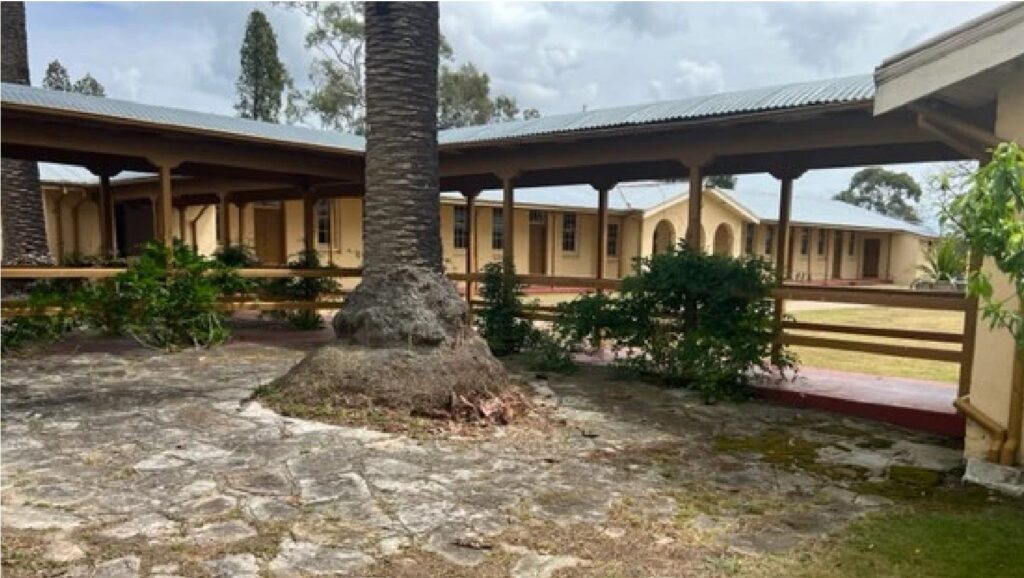
As part of his organisation’s advocacy, Mr Wild has been able to secure $9m in funding which he says should go towards turning the site into a community hub for veterans including transitional housing. “Sites which National Parks are unable to manage need to be handed off to other organisations which can preserve our history, remove the red tape and bureaucracy, and let us do something,” he said. “We have 80 spare rooms here which could be used to house homeless vets but we keep getting push back from National Parks.”
A spokesman for the NPWS said the department had not received an application for transitional housing, but if one was made they would “determine the permissibility of the activities under legislation and the park’s conservation management plan”. In a statement, the spokesman said the department continued to work closely with Mr Wilde’s organisation to “provide advice, guidance and support for the heritage approvals that are required to undertake works in the State Heritage listed precinct”.
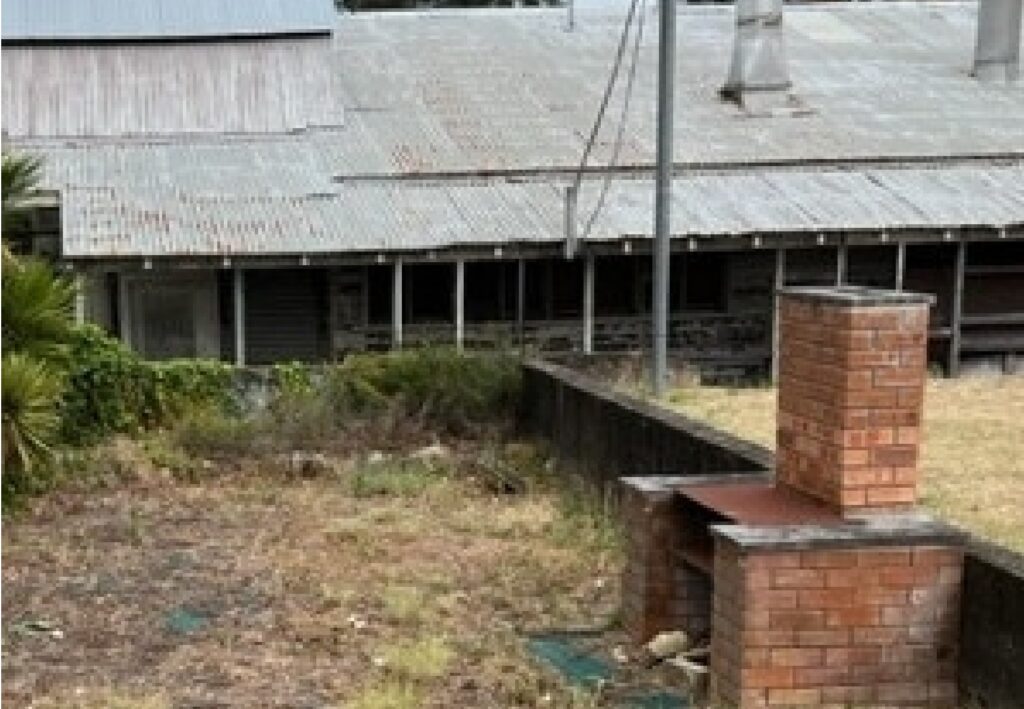
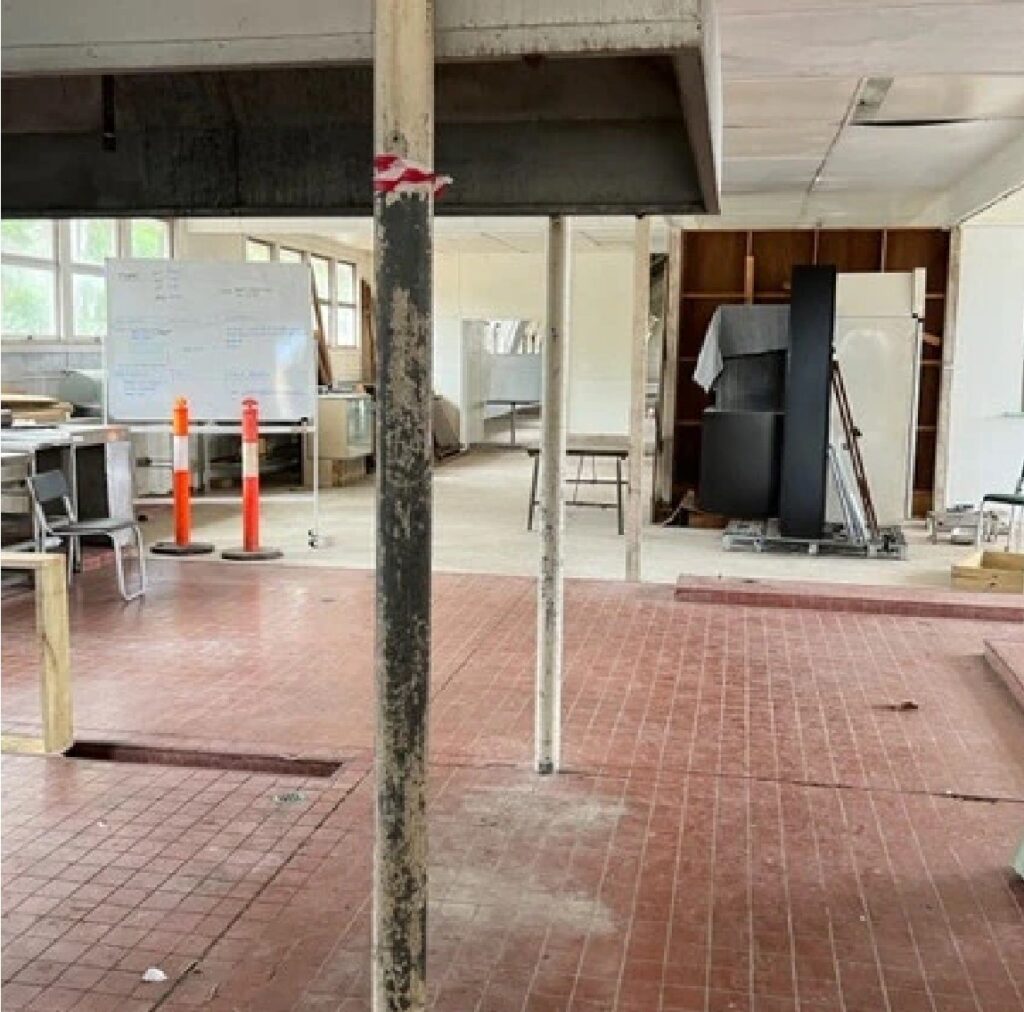
The spokesman also said that out of the park’s numerous buildings “a number of them were in very poor condition when the land was transferred into their management”. “Over the past few years, National Parks and Wildlife Services has prioritised repairs at Scheyville National Park with a focus on safety, while preserving the history and integrity of as many buildings in the precinct as possible,” he said.
Article written by Madeleine Damo. This article first appeared here.
